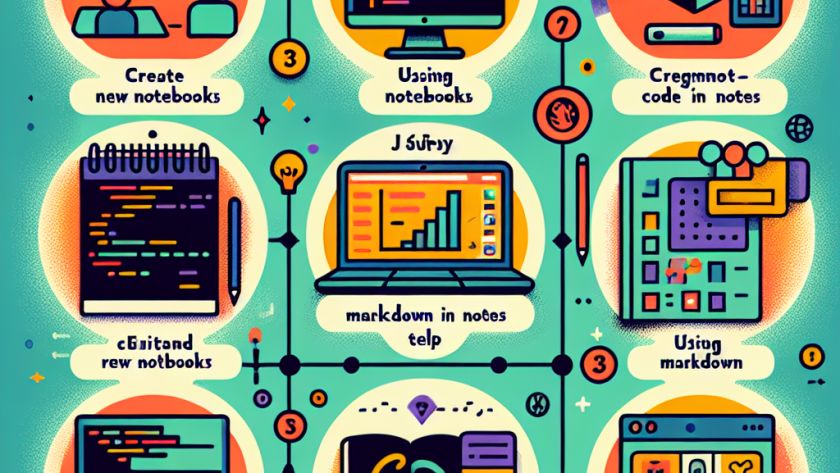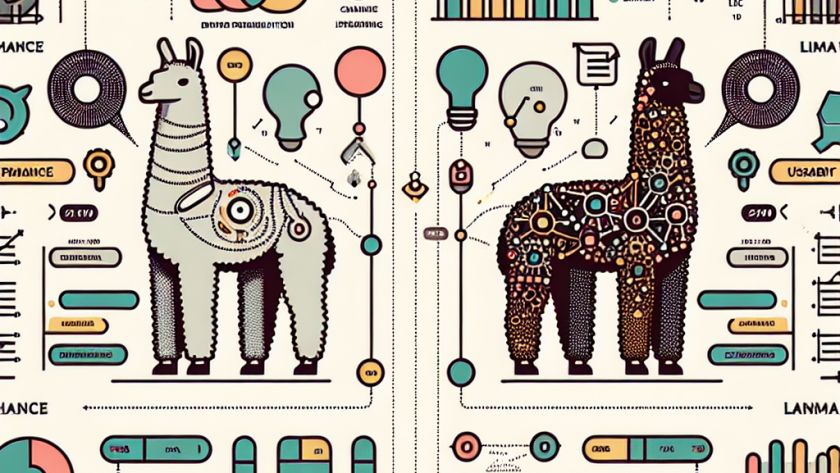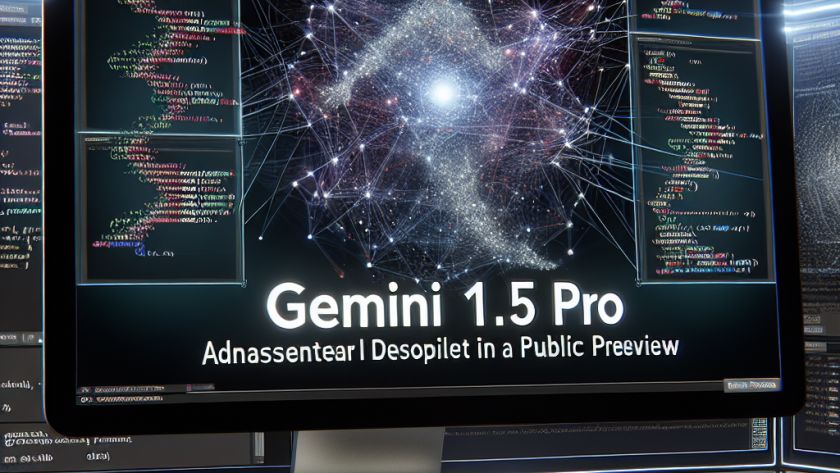Tech giant Meta is pushing the boundaries of artificial intelligence (AI) by introducing the latest version of the Meta Training and Inference Accelerator (MTIA) chip. This move is significant in Meta’s commitment to enhance AI-driven experiences across its products and services.
The new MTIA chip shows remarkable performance enhancements compared to its predecessor, MTIA v1, particularly…












